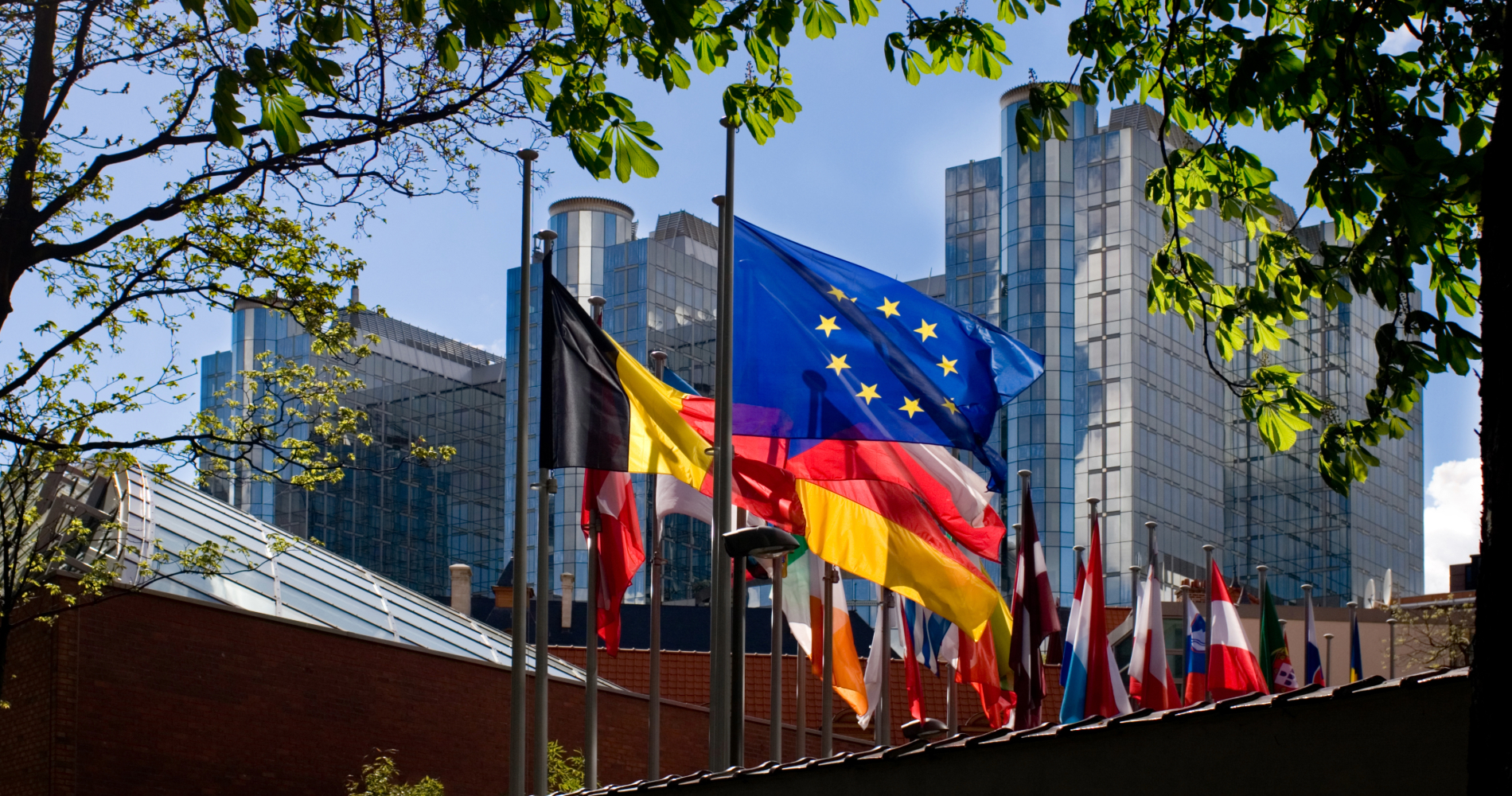It’s been a bad week for advocates working to improve the lives of people living in poverty.
Recent child poverty statistics continue to show high rates for Manitoba and Monday’s throne speech gave no hint that poverty will be a priority in the next budget.
Make Poverty History Manitoba and some 150 supporting organizations have been calling on the Province to increase the rental allowance for people on Employment and Income Assistance (EIA). Access to housing is identified by people living in poverty as their biggest concern. In spite of recent efforts, there continues to be a shortage of social housing and private sector rents have risen far beyond what EIA recipients can afford. But the provincial government’s response to the call to increase EIA rates to 75 percent of median market rents has not been very encouraging – tough economic times, they say.
While this is true, the resistance to increased support for social assistance recipients is far more complicated.
While most people say they are concerned about poverty, the negative – sometimes hateful – stereotypes of those who are most vulnerable remain persistent. This is unfortunate because it is often based on misinformation and misunderstanding that can be resolved through public education. Groups like Make Poverty History Manitoba, a voluntary organization that receives no funding, work hard to educate the public and change attitudes.
It is an uphill battle and governments don’t help. Even the most progressive governments do their best to avoid the welfare debate. They hesitate to increase support for people on social assistance – the poorest of the poor – because there is nothing to gain politically. Many poor people don’t vote and many voters don’t see poor people as worthy of public support. In spite of much evidence that shows otherwise, the belief that poor people are somehow deficient, lazy, or dishonest is deeply rooted. Many continue to believe that the best we can do is make poor people’s lives difficult so that they will “pull up themselves up by their bootstraps” and get on with it.
Sadly, this attitude recently reared its ugly head by way of a provincial government announcement released shortly before Monday’s throne speech. The announcement by Minister Swan states: “Province announces crackdown on people with outstanding warrants” followed by “Employment Income Assistance Benefits to be Reduced or Denied.”
Implicit in this statement is that poor people are dishonest. There may be individuals in our province, perhaps even many, with outstanding warrants against them. But drawing a direct connection to people who are on EIA leads the public to believe that EIA recipients are criminals. This is extremely damaging to efforts to address the myths surrounding poverty. The fact that such a statement comes from an NDP government is raising a lot of eyebrows.
In 1994, the Conservative government introduced the “Welfare Fraud Line”. At that time the NDP opposition expressed outrage, questioning not only the need of a line for people to snitch on their neighbours, but the implication that welfare fraud was rampant. The welfare fraud line was shown to be ineffective. The line received many calls but very few cases of fraud were proven. It was terminated by the NDP government in the early 2000s.
The welfare fraud line was a misguided move based on a false assumption, without evidence, of rampant welfare abuse. It leads one to wonder whether the same is true in this case; that there is no actual evidence of a serious problem with outstanding warrants among EIA recipients. And even if there were, wouldn’t the logical response be to resolve the warrants issue? Why would it be necessary to curtail EIA benefits on top of that?
Why the NDP would feel a need to release a statement that raises questions about the honesty of EIA recipients is troubling. They likely see some political capital to be gained. That may be true, but it’s a risky move. Both the Liberals and Conservatives have been quick to criticize the NDP government for not doing enough about poverty. It’s all purely political of course, and it is unlikely that the Conservatives would do better. In fact Conservative leader Brian Pallister’s primary solution is to raise tax exemptions. Not only will this not help the poorest of the poor, it will reduce taxes for higher income earners who should be paying more rather than less.
What is most clear from this week’s events is that advocates for the poor will have to ramp up efforts to dispel the myths about poverty reignited by the Minister of Justice and get the public onside with the campaign to increase support for the poorest Manitobans.


